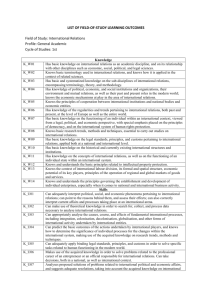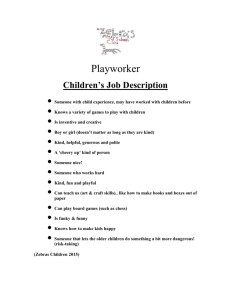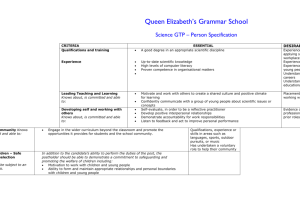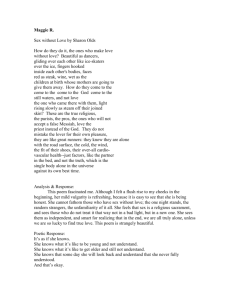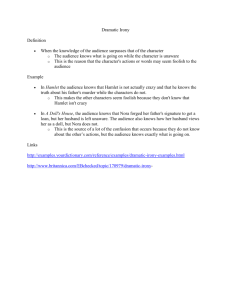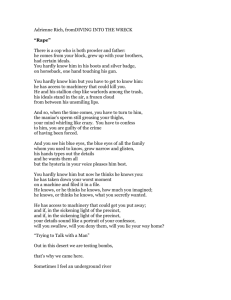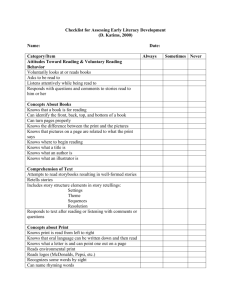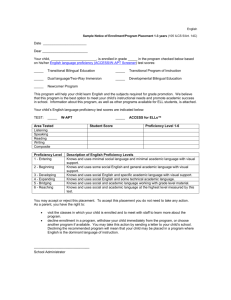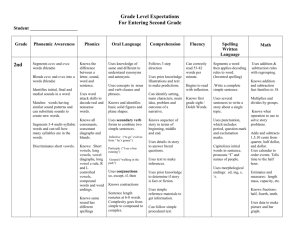LIST OF FIELD-OF-STUDY LEARNING OUTCOMES
advertisement
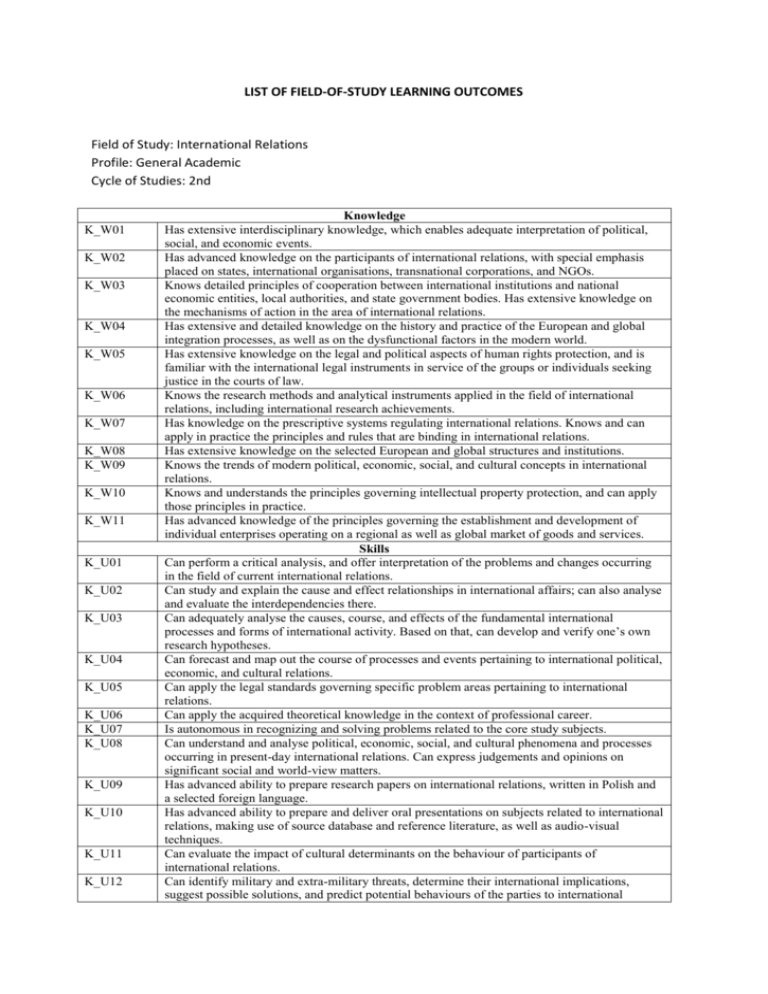
LIST OF FIELD-OF-STUDY LEARNING OUTCOMES Field of Study: International Relations Profile: General Academic Cycle of Studies: 2nd K_W01 K_W02 K_W03 K_W04 K_W05 K_W06 K_W07 K_W08 K_W09 K_W10 K_W11 K_U01 K_U02 K_U03 K_U04 K_U05 K_U06 K_U07 K_U08 K_U09 K_U10 K_U11 K_U12 Knowledge Has extensive interdisciplinary knowledge, which enables adequate interpretation of political, social, and economic events. Has advanced knowledge on the participants of international relations, with special emphasis placed on states, international organisations, transnational corporations, and NGOs. Knows detailed principles of cooperation between international institutions and national economic entities, local authorities, and state government bodies. Has extensive knowledge on the mechanisms of action in the area of international relations. Has extensive and detailed knowledge on the history and practice of the European and global integration processes, as well as on the dysfunctional factors in the modern world. Has extensive knowledge on the legal and political aspects of human rights protection, and is familiar with the international legal instruments in service of the groups or individuals seeking justice in the courts of law. Knows the research methods and analytical instruments applied in the field of international relations, including international research achievements. Has knowledge on the prescriptive systems regulating international relations. Knows and can apply in practice the principles and rules that are binding in international relations. Has extensive knowledge on the selected European and global structures and institutions. Knows the trends of modern political, economic, social, and cultural concepts in international relations. Knows and understands the principles governing intellectual property protection, and can apply those principles in practice. Has advanced knowledge of the principles governing the establishment and development of individual enterprises operating on a regional as well as global market of goods and services. Skills Can perform a critical analysis, and offer interpretation of the problems and changes occurring in the field of current international relations. Can study and explain the cause and effect relationships in international affairs; can also analyse and evaluate the interdependencies there. Can adequately analyse the causes, course, and effects of the fundamental international processes and forms of international activity. Based on that, can develop and verify one’s own research hypotheses. Can forecast and map out the course of processes and events pertaining to international political, economic, and cultural relations. Can apply the legal standards governing specific problem areas pertaining to international relations. Can apply the acquired theoretical knowledge in the context of professional career. Is autonomous in recognizing and solving problems related to the core study subjects. Can understand and analyse political, economic, social, and cultural phenomena and processes occurring in present-day international relations. Can express judgements and opinions on significant social and world-view matters. Has advanced ability to prepare research papers on international relations, written in Polish and a selected foreign language. Has advanced ability to prepare and deliver oral presentations on subjects related to international relations, making use of source database and reference literature, as well as audio-visual techniques. Can evaluate the impact of cultural determinants on the behaviour of participants of international relations. Can identify military and extra-military threats, determine their international implications, suggest possible solutions, and predict potential behaviours of the parties to international K_U13 K_U14 K_U15 K_K01 K_K02 K_K03 K_K04 K_K05 K_K06 K_K07 K_K08 K_K09 relations. Can present solutions of the existing problems on the international arena. Can devise development strategies for the enterprises operating on the international market. Has a command of a selected foreign language at the B2 level of the European Framework of Reference for Languages, facilitating the performance of tasks requiring some knowledge on international relations. Social Competencies Understands the need for life-long acquisition of knowledge on international relations. Can encourage other people to do so, providing them with adequate instruments and motivation. Can adapt to the requirements and rules of taskforces and research teams. When communicating with the environment, can apply the acquired knowledge related to the political, economic, and social dimension of international relations. Can participate in the implementation of social, political, and economic projects and initiatives. Is autonomous and critical in supplementing and extending the knowledge once acquired, taking into account its interdisciplinary nature. Can also enhance the acquired skills. Constitutes and active subject of social and economic life, ready to undertake and develop business, political, and social activity. Is well-aware of the problems and challenges facing present-day international politics. Is capable of a well-though-out assessment, and can draw conclusions from political and economic events. Attaches great significance to professional conduct and adherence to the principles of professional ethics.
